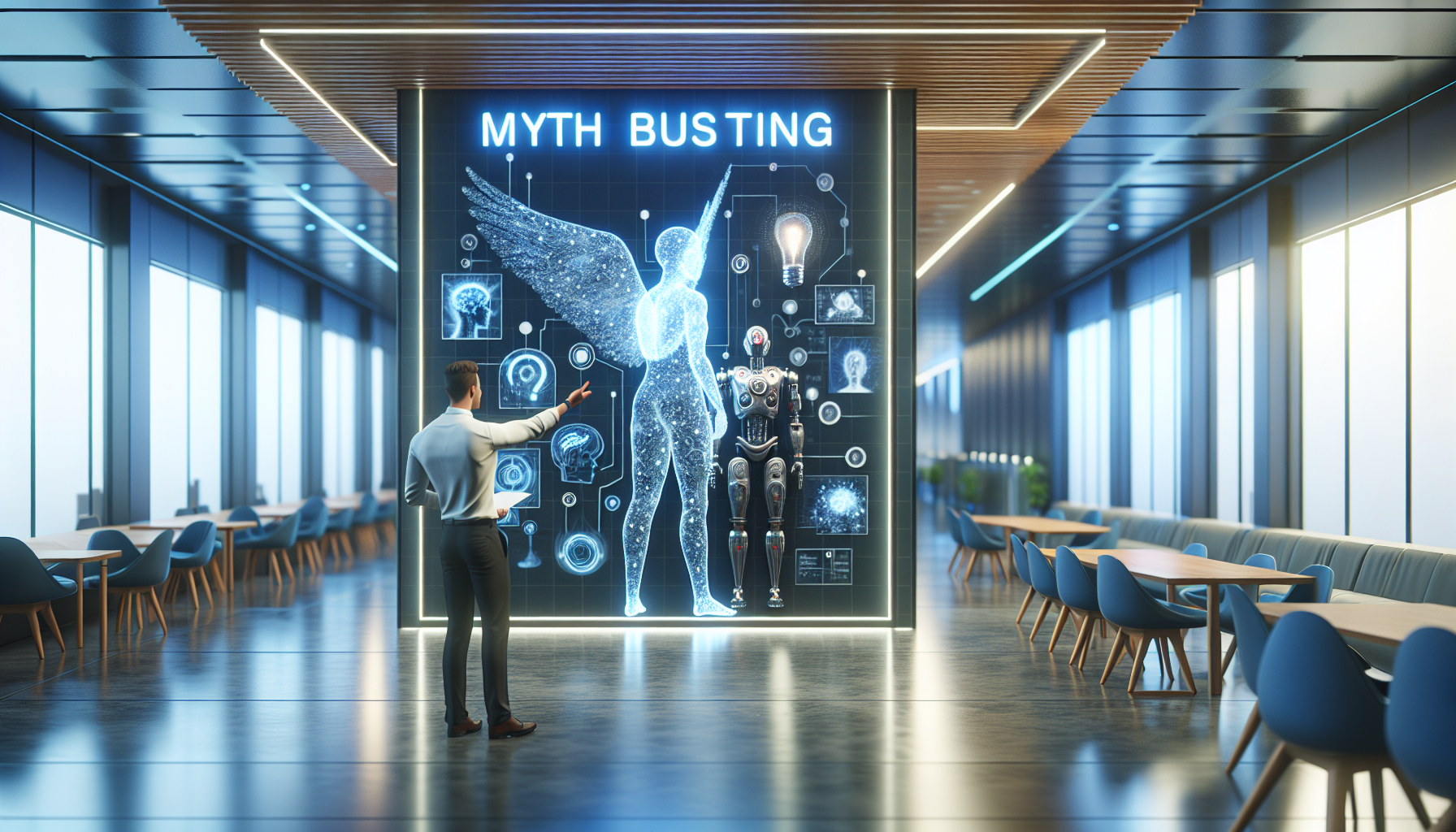
AI and Consumer Behavior: Debunking Myths and Unveiling Realities
September 24, 2025
Is artificial intelligence really pulling the strings behind our every purchase? If you’ve found yourself hesitating over that impulse buy, wondering if an unseen algorithm is nudging your decisions, you’re not alone. AI’s influence on consumer behavior is a hot topic, often clouded by misconceptions and half-truths. Let’s dive into some of these myths and see what’s truly happening.
First up, the fear that AI is turning us into mindless consumers. It's easy to imagine a world where smart algorithms are dictating our every shopping move. However, the reality is far more nuanced. Sure, AI can analyze patterns in our shopping habits, but it doesn't strip away our free will. Think of it more as a helpful guide, suggesting products based on preferences you’ve already expressed. The final choice still rests with you, the consumer.
Another common myth is that AI knows us better than we know ourselves. While AI systems can crunch massive amounts of data to predict behavior, they aren’t psychic. They rely on historical data to make educated guesses, but they can't account for the spontaneous whims that make us human. Had a craving for an obscure snack at midnight? That’s a curveball even the most sophisticated algorithm might not see coming.
Then there’s the idea that AI is solely a marketing tool, engineered for profit. While businesses do employ AI to enhance customer engagement and drive sales, it's also used to improve user experience. Consider AI-powered chatbots that assist with customer service inquiries or recommendation engines that help you find that perfect next read or movie. These applications aim to add value to your interactions, not just maximize company profits.
Let’s talk about privacy concerns, another biggie on the myth list. Many fear that AI is spying on us, collecting every tidbit of personal data. While data collection is indeed a component of AI, it’s important to understand the difference between responsible and irresponsible use. Companies are increasingly adopting stringent data protection measures and transparency policies, driven both by regulation and consumer demand. Essentially, you have more control over your data than you might think.
Contrary to the belief that AI is a one-way street leading to consumer manipulation, it can actually empower consumers. By offering personalized recommendations, AI can help you discover products and services that genuinely fit your needs, sometimes even at a better price. Imagine a digital assistant that knows your style and budget, pointing you towards the best deals. That's AI working for you, not against you.
What about the myth that AI’s influence on consumer behavior is limited to online shopping? While e-commerce is a significant player, AI’s reach extends well beyond the virtual aisles. In physical stores, AI-driven technologies like smart shelves and augmented reality mirrors are reshaping the shopping experience, offering real-time information and personalized assistance. Even in sectors like travel and hospitality, AI is enhancing how we book trips, check into hotels, and even enjoy our vacations.
Let’s not forget the role of AI in sustainability and ethical shopping, often overshadowed by the narrative of consumer manipulation. AI can help identify and promote eco-friendly products, track supply chain transparency, and reduce waste. For the conscious shopper, AI can be a powerful ally in making informed and ethical choices.
So, where does this leave us in the grand scheme of consumer behavior? AI is undoubtedly a powerful tool, but it’s not the puppet master some fear it to be. Instead, it’s more like a partner in your shopping journey—sometimes providing insights you didn’t know you needed, other times offering convenience and efficiency.
As we navigate this AI-enhanced world, it’s crucial to stay informed and critical. Ask questions about how your data is being used, seek transparency from the companies you engage with, and leverage AI to enhance your consumer experience.
Ultimately, the relationship between AI and consumer behavior is a dance of collaboration rather than control. As AI continues to evolve, so too will our understanding of its role in our purchasing decisions. The question is, how will we choose to engage with this ever-advancing technology? Will we be passive recipients, or active participants shaping how AI influences our consumer choices? The future is yours to decide.


